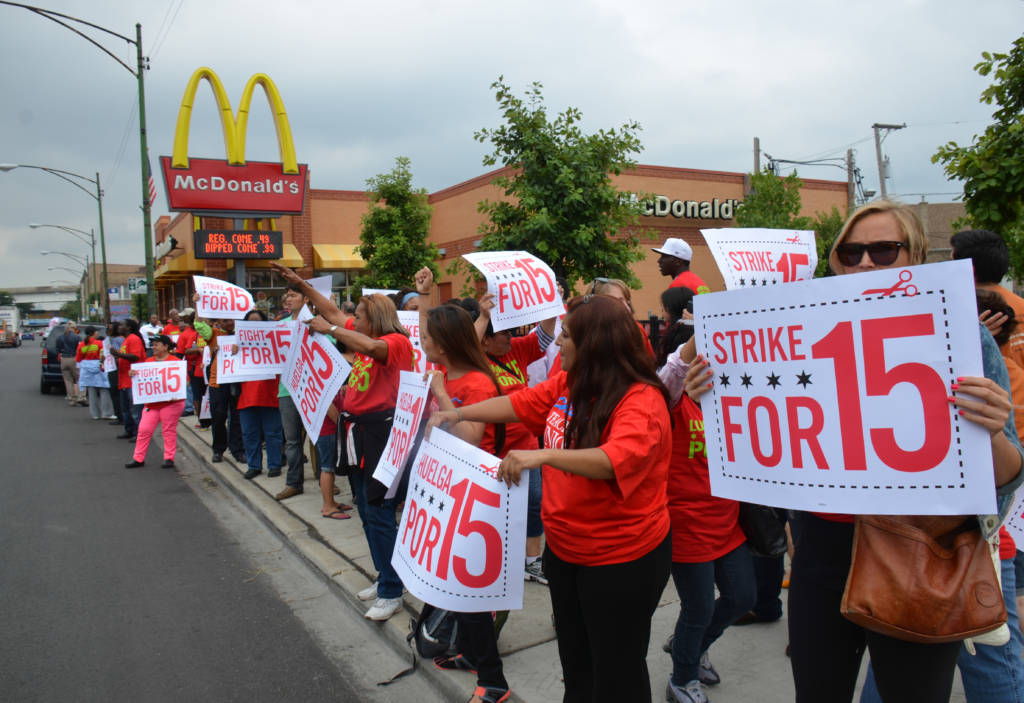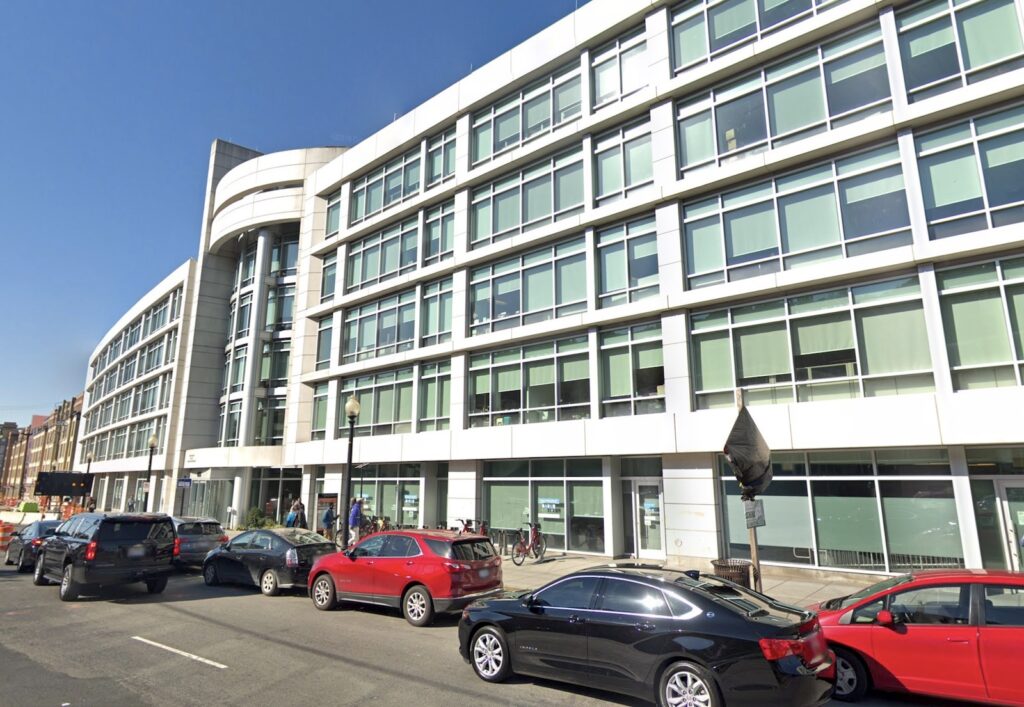The battle in recent years over income inequality has been reaching a boiling point as employees of major fast food chains have been staging one-day strikes in major cities nationwide. The employees are aiming to get their wages raised to $15 per hour and raise awareness of the struggles they face.
While the plight that many fast food employees find themselves in is understandable, the reality is that the wages are not going to increase to that amount. Part of the problem is that while the work in fast food is stressful, it is also unskilled work. That means the workers have no leverage in asking for an increase in pay that is more than double the current federal minimum wage. The job can be performed by mostly anyone and there is high turnover in almost every restaurant.
Another big problem is that in protesting for a $15 hour wage, the workers are not improving their situation. Let’s assume you currently receive $9 per hour and work 30 hours a week. If the pay goes up to $15 per hour, do you think the restaurant is going to give you 30 hours a week? Of course not. You would most likely receive 18 hours a week, putting you right back where you started. The people that run the fast food companies know how to maintain their profit margins.
“What we’re asking for is realistic. We took in $1,200 the other day at lunch hour at my Burger King. The six workers there cost them $60 or so for that hour. So I can see they can pay us $15,” a worker from Kansas City told the New York Times last year.
What is left out of the equation is that out of the $1,200 in sales, you have to pay for not just labor but also the cost of the food, utilities, sales taxes, employer’s share of employees’ taxes, salaries, medical premiums of restaurant management and franchise royalties, which include funding for the franchise’s national ads. Plus, the franchise owners must rent the building from the parent company, and they also have to pay fees for credit and debit card transactions. Many leaders of these fast food worker groups cite the salaries of the CEO, which does not matter, since the majority of fast food restaurants are owned by franchise operators.
President Obama has pushed for a federal minimum wage increase to $10.10 an hour, which is still almost $5/hour less than what the fast food workers want. The president will not be able to get this hike through the presently Republican-controlled Congress. Many states and large cities have successfully passed higher minimum wage laws. That should be the focus of the groups pushing for a higher minimum wage: getting the wages raised a few dollars an hour locally, usually over two or three years.
It may not seem like much when compared to $15/hour, but the chances of getting several dollars an hour more, and maintaining the hours that would otherwise be lost if such a large increase was put forth, are much higher. If a $15/hour minimum wage was enacted, restaurants would use more technology to replace workers. An iPad would replace the cashier, self-serve fountain drink machines would become standard, and there would be even fewer opportunities for employment than right now.
There is no question that it is tough to survive on the earnings in the fast food industry. Raises are difficult to get, hours fluctuate weekly, benefits are non-existent, and it is a fact that there are many workers in the fast food chains that are receiving government benefits like food stamps and Medicaid. There should be a stronger push by the leaders of the one-day strikes for benefits that are more attainable and that will make an impact for the employees. Better hours, more stable scheduling, and/or flexibility for those pursuing education or a second job would all provide a better chance to people who are struggling financially to try and make some progress.








